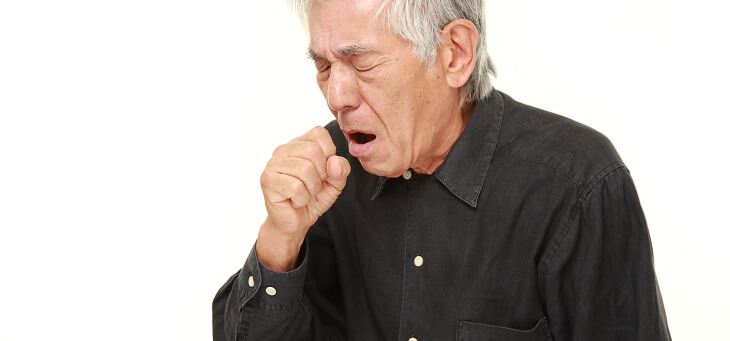With the pandemic well into its third year, the effects of long COVID are well known. Extreme fatigue and ‘brain fog’ (problems with memory and concentration), changes to taste and smell, and joint and muscle pain are just some of the debilitating effects of the virus. They generally persist longer than 12 weeks after the initial infection.
That, understandably, is a source of great frustration and one can hardly blame them for seeking ‘alternative’ treatments.
One of those alternative treatments is a process known as ‘blood washing’, and in recent months it has become an increasingly popular choice of therapy for those looking to shake off long COVID.
Read: COVID disaster payment reinstated
The problem is, there’s almost no evidence at all that blood washing can help.
What is blood washing, anyway? And why is it being seen as a potential long COVID panacea?
The medical term for blood washing is ‘apheresis’, and the process involves large needles being inserted into the veins. Blood is passed over a filter, separating the red blood cells from the plasma. The plasma is then filtered before being recombined with the red blood cells and returned to the body via a different vein. The filtration process removes lipids and inflammatory proteins.
Read: Blood test could spare cancer patients from unnecessary chemotherapy
Apheresis is recommended by the German Society of Nephrology as a standard last resort for lipid disorders. That’s all well and good, but how does that make it a good long COVID treatment?
The idea is rooted in the hypothesis that the symptoms of long COVID are caused by small clots in the blood that block the flow of oxygen through capillaries.
Some doctors and researchers do indeed believe that apheresis and anticoagulation drugs may be promising treatments for long COVID , but the key word here is ‘may’. As yet, there is no evidence, or at best very little evidence, that it actually does.
Despite that fact, desperate patients are forking out huge sums of money in the hope of a miracle cure. One such woman from the Netherlands, Gitte Boumeester, experienced such extreme fatigue that it took her two hours to walk to the kitchen to make breakfast. She had brain fog and heart palpitations, was short of breath, often felt sick, and woke up in the night with chest pain.
Read: Seven medical reasons why you might be feeling tired all the time
Ms Boumeester jumped at the chance to travel to Germany for apheresis, but by the time she returned home a couple of months later, there was no improvement in her symptoms and she had spent €15,000 (roughly $22,000), which was nearly all of her life savings.
Some doctors point to research by Etheresia Pretorius, at Stellenbosch University, South Africa, to justify treating long COVID patients with apheresis and triple anticoagulation therapy.
But experts contacted by The British Medical Journal say more research is needed to understand how microclots form and whether they cause long COVID.
The overwhelming medical advice at present is that patients should not be travelling abroad and/or paying large sums for an as yet unproven treatment.
If you enjoy our content, don’t keep it to yourself. Share our free eNews with your friends and encourage them to sign up.

